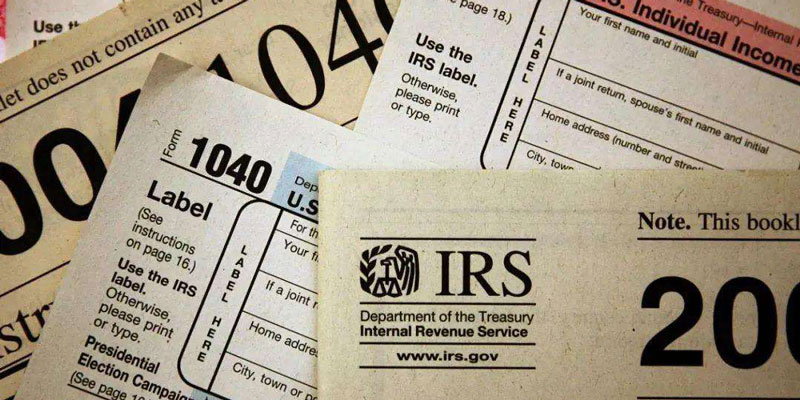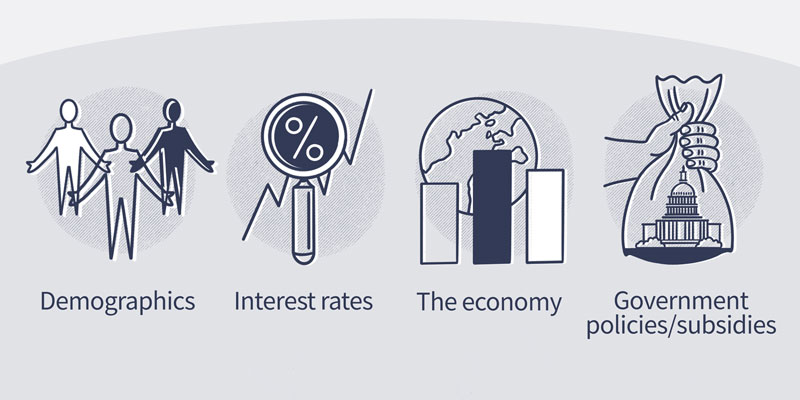According to most current statistics that can be found from the National Center for Education Statistics, the average amount of student loan debt incurred by those attending graduate school in 2015–2016 was $71,000.
This average considers debt from graduate school loans taken out specifically for advanced degrees such as master's, doctorates, and other graduate degrees. When undergraduate loans are considered, graduate students' average amount of debt rises to $82,800.
Assuming federal interest rates and regular 10-year payback period, the typical graduate student would pay $949/month and $113,936 overall if they had a total debt of $82,800 and had to return it over ten years.
How Much Debt Will I Take On For Graduate School?
The total student loan debt for graduate students is $82,800. This number accounts for all advanced degrees. However, you should be prepared to borrow more money for some graduate programs than others.
For instance, graduates with master's degrees leave school owing an average of $64,800, whereas graduates with professional degrees, such as physicians, who enroll in lengthier programs, leave school owing an average of $183,200.
In addition, student debt is impacted by the sort of graduate school attended. For instance, receiving a master's degree from a public school would result in an average student loan debt of $42,300 only for that degree, but receiving a master's degree from a private nonprofit college will result in an average student loan debt of $56,400.
Search for the institution's name in the College Scorecard to see whether or not this information is included for the particular graduate degree program you are interested in. If a school or program that interests you needs to be listed here, you may get this information by contacting the institution's financial aid or admissions office.
How To Limit Student Loan Debt
According to the NCES, around 54% of students get financial aid to cover the cost of graduate school. Some schools practically require students to incur debt; for instance, more than 84 percent of medical students take out loans to cover the cost of their school; nevertheless, graduate students can reduce the amount of money they have to borrow.
Exhaust-free aid programs
The best options to finance graduate school are to get financial aid through scholarships, fellowships, and grants. Inquire about the possibility of receiving institutional awards from your school, and look into the possibility of receiving graduate scholarships from professional organizations focused on the subject in which you are interested.
Use your wages
If you want to avoid taking out student loans, going to graduate school part-time while working may help you pay for your education as you go. In addition, if you intend to maintain a full-time job during your studies, your employer may be willing to contribute to the cost of your education via tuition reimbursement program. If the institution employs you, you may get a salary or a stipend that may assist you with covering your living costs.

Borrow only what you need
Because no subsidized loans are available for graduate school, any money you borrow will always have to be paid back with interest. Graduate PLUS loans have the potential to pay up to the whole cost of attendance at your school. This may include child care and transportation costs that graduate students may incur. But before you borrow money to cover your expenses, check to see if you can reduce your overall debt by using the money you've saved or earnings from a part-time job.
Have a repayment plan
If you earn a little money, the income-driven repayment options that federal loans provide may help keep your graduate loan payments affordable. Additionally, if you choose a career in public service, you may be eligible to have your debts forgiven. Those who have earned graduate degrees and have a high earning potential, such as physicians or business executives, may be suitable candidates for refinancing their student loans at a reduced interest rate.
Grad School Debt and Earning Potential

Even though many graduate students take on what seems to be a terrifying amount of debt, the degrees they earn often bring an earnings increase that makes it possible for them to repay their debts reasonably. The borrowers who take out relatively modest sums of student loan debt but do not succeed in completing their education are the ones who have the highest probability of defaulting on their loans.
Therefore, students in graduate school need to earn how much debt they are willing to take on compared to how much money they anticipate earning with their degree. According to a study of the data from the National Student Loan Data System conducted by the Brookings Institute, most people who have taken out student loans owe less than fifty thousand dollars. However, as you can see from the data shown above, graduate students who take out loans to pay for their master's and doctoral degrees may rapidly rack up debt in the six-figure range.




